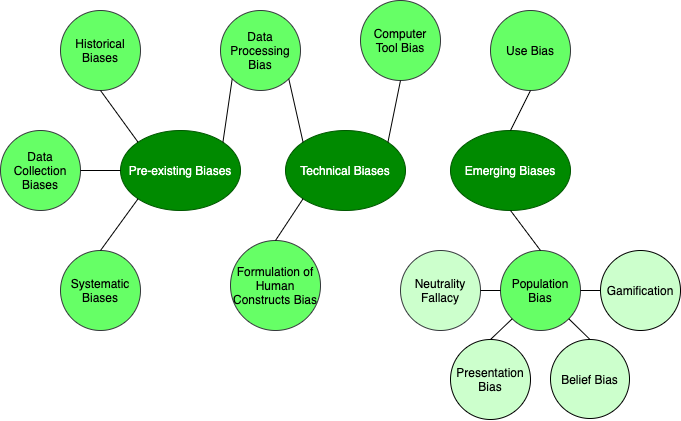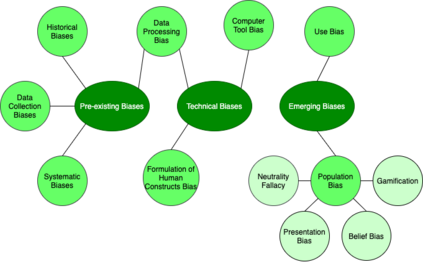In a world of daily emerging scientific inquisition and discovery, the prolific launch of machine learning across industries comes to little surprise for those familiar with the potential of ML. Neither so should the congruent expansion of ethics-focused research that emerged as a response to issues of bias and unfairness that stemmed from those very same applications. Fairness research, which focuses on techniques to combat algorithmic bias, is now more supported than ever before. A large portion of fairness research has gone to producing tools that machine learning practitioners can use to audit for bias while designing their algorithms. Nonetheless, there is a lack of application of these fairness solutions in practice. This systematic review provides an in-depth summary of the algorithmic bias issues that have been defined and the fairness solution space that has been proposed. Moreover, this review provides an in-depth breakdown of the caveats to the solution space that have arisen since their release and a taxonomy of needs that have been proposed by machine learning practitioners, fairness researchers, and institutional stakeholders. These needs have been organized and addressed to the parties most influential to their implementation, which includes fairness researchers, organizations that produce ML algorithms, and the machine learning practitioners themselves. These findings can be used in the future to bridge the gap between practitioners and fairness experts and inform the creation of usable fair ML toolkits.
翻译:在一个每天都在出现的科学质询和发现的世界中,各行业大量开展机器学习,对于熟悉ML潜力的人来说,这些行业的机器学习并不令人感到意外。 以道德为重点的研究的一致扩展,作为对这些应用所产生的偏向和不公平问题的回应,也不应该同样地扩大以道德为重点的研究。 公平研究侧重于打击算法偏向的技术,现在比以往更加得到更多的支持。 相当一部分公平研究已经用于制作机器学习实践者在设计其算法时可以用来审计偏见的工具。然而,这些公平解决办法在实践中没有得到应用。这种系统审查深入总结了已经界定的算法偏向问题和所提出的公平解决办法空间。此外,这一审查还深入分析了自其发布以来出现的解决空间的洞察力,以及机器学习实践者、公平研究人员和机构利益攸关方提出的需要分类。这些需要已经组织起来,并针对对其实施最有影响力的各方,其中包括公平研究人员、生产ML算法的组织,以及用于建立公平问题专家之间的桥梁,以及利用机器学习工具的实践者本身。





